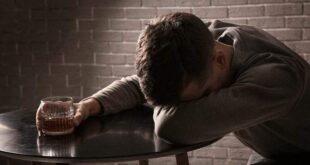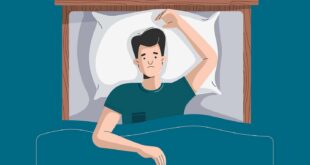PHARMACOTHERAPY OF ANXIETY
The first decision that often must be considered in treating the patient with acute anxiety is whether to recommend using a drug. Most acute anxiety and tension episodes are self-limiting as the person adapts and copes, or remissions occur naturally.
Drugs should only be used if the symptoms are so severe as to interfere with everyday personal, social, or occupational activities or are subjectively intolerable.
Antianxiety drugs, if prescribed, should be used for as short a time as possible as the length of exposure increases the likelihood of dependence.
Although many drugs are effective for reducing anxiety, benzodiazepines (BZs) remain the drugs of choice for acute anxiety and tension (Greenblatt & Shader, 1974, 1978; Greenblatt et al., 1983).
Many controlled studies have shown that BZs are superior to placebos in reducing acute anxious symptoms. Many other studies have compared one BZ to another and the differences between the
drugs have been marginal.
If the patient is experiencing intense, sustained anxiety, a BZ with a longer half-life, such as diazepam or chlordiazepoxide (Librium) might be appropriate. Shorter acting compounds such as lorazepam
can be used to reduce situation-related intense anxiety.
Allow 30-60 minutes for lorazepam to have an effect. The pharmacology of the BZs is discussed in detail in chapter 11; issues of long-term BZ use are discussed in the next chapter.
The precautions for BZ use in crises are the same as for long-term use.
Avoid BZs when the patient has a history of drug or alcohol abuse. Keep doses modest to prevent psychological impairment.
Limit the amount of drugs prescribed to that required to the interval between visits. Usual therapy in a
crisis should be 2-6 weeks followed by a reevaluation of the need for a drug.
Warn patients that sedation may occur, especially early in treatment and immediately after each drug dose, and that interactions with alcohol and other depressants are frequent, major, and hazardous.
There are not many desirable psychopharmacologic alternatives to BZs for reducing anxiety associated with crises. A new agent, bus- pirone, appears to be an effective antianxiety agent; its usefulness is still being evaluated.
Short and intermediate half-life barbiturates and drugs such as glutethimide (Doriden), ethcholovynol (Placidyl), meprobamate (Miltown, Deprol, Equagesic, Equanil, Pathibamate, PMB 200, SK-Bamate), or methyprylon (Noludar) should not be used for acute anxiety.
Antipsychotic medications are also not appropriate for treating acute anxiety in nonpsychotic individuals because of the risk of serious long-term side-effects.
MAO inhibitors and tricyclics also have no role in an acute crisis unless the patient is suffering from depression requiring pharmacologic treatment.
If so, the patient must be carefully evaluated for suicidal tendencies and given non-lethal quantities of medication.
 Therapy for anxiety Therapy for anxiety
Therapy for anxiety Therapy for anxiety



